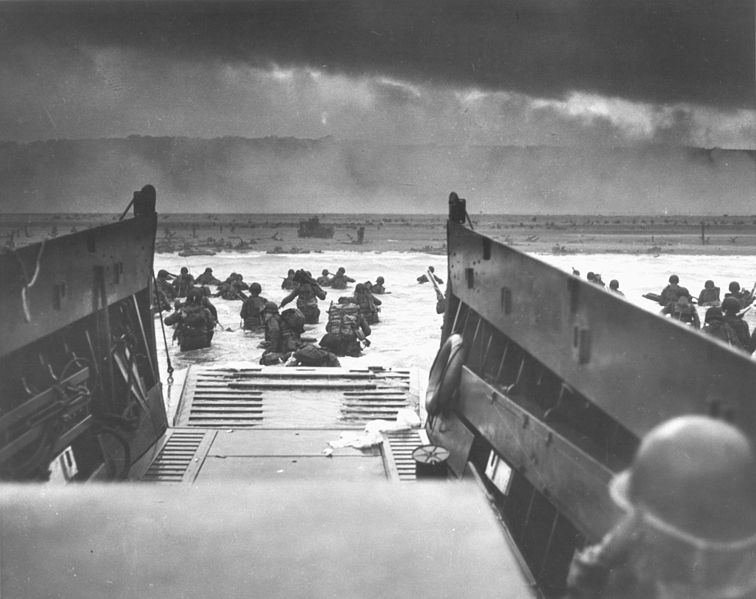
US President Joe Biden arrived in Paris on Wednesday to mark the 80th anniversary of D-Day and participate in a state visit hosted by French President
Emmanuel Macron. However, Biden's mission extends beyond commemorations, as he aims to reinforce ties with transatlantic allies amidst the challenges posed by a resurgent Russia in Ukraine, the threat of China, and the potential disruptions from upcoming elections.
John Kirby, spokesman for the National Security Council, emphasized the significance of Biden’s visit. “He really believes we’re at an inflection point in history,” Kirby said, highlighting the shifting geopolitical landscape and the global challenges facing the US and its allies.
In Normandy, Biden and other Western leaders will remember the pivotal D-Day invasion on June 6, 1944, which was the largest seaborne military invasion in history and a turning point in World War II. This year’s commemoration is particularly poignant, as it may be the last major anniversary attended by surviving D-Day veterans, many of whom are nearing 100 years old.
On Friday, from Pointe-du-Hoc, Biden will deliver a speech on the power of democracy, drawing on the historical significance of the site where American troops made a heroic climb to neutralize German defenses. Kirby stressed the importance of this moment, stating, “Making it clear what you stand for and what you stand against matters today,” and acknowledging the need for Europe to support American leadership.
Following the D-Day ceremonies, Biden will be hosted by President Macron for a state visit, reciprocating the hospitality Biden extended to Macron in 2022. This visit gains additional attention following a Wall Street Journal report questioning Biden’s mental acuity. The White House dismissed the report, with spokesman Andrew Bates defending Biden as a “savvy and effective leader” despite political attacks.
Biden’s visit aims to solidify relations with Macron, a key ally in Europe’s response to Russia’s invasion of Ukraine. France has increased its defense budget, committed to surpassing NATO’s 2% defense spending target, and resumed domestic production of essential military materials. Macron has also advocated for allowing Ukraine to strike military targets within Russia.
Biden is expected to meet with Ukrainian President Volodymyr Zelensky in Normandy and again at the G7 summit in Italy next week. This visit comes at a critical juncture in the Ukraine conflict, with Ukraine using Western weapons to strike inside Russia for the first time. While Biden quietly approved this measure, Macron has been more outspoken in his support, arguing for Ukraine’s right to neutralize threats from Russian soil.
The United States has provided $175 billion in aid to Ukraine since Russia’s 2022 invasion, surpassing the $171 billion (in today's dollars) spent on European reconstruction after World War II. In contrast, EU member states have collectively sent $53 billion in financial aid and $35 billion in military assistance to Ukraine. The World Bank estimates that rebuilding Ukraine will cost over $500 billion, presenting a significant financial challenge for both Europe and the US.
Despite these hurdles, Macron has pledged continued support for Ukraine, promising additional military aid in the coming weeks. As Biden’s visit underscores the enduring alliance between the US and France, both leaders are committed to supporting Ukraine in its fight for sovereignty and security. Photo by Chief Photographer's Mate (CPHOM) Robert F. Sargent, U.S. Coast Guard, Wikimedia commons.






































